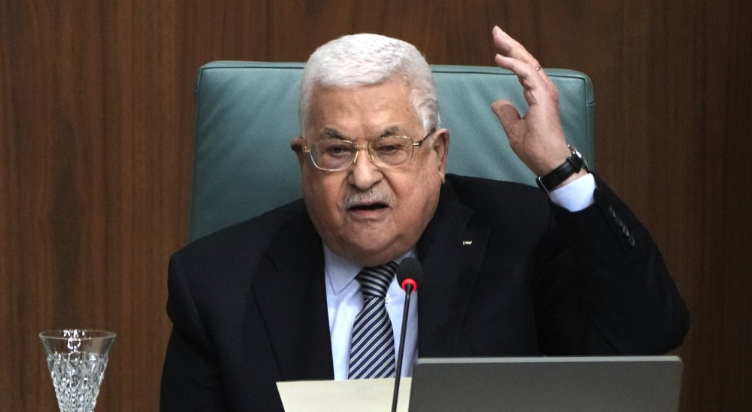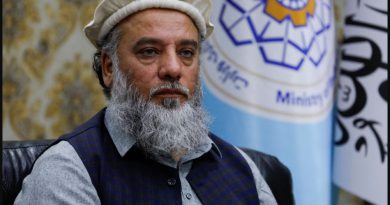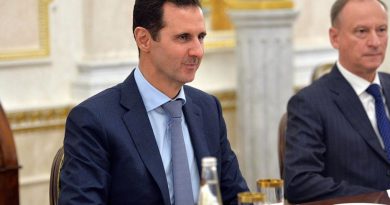‘Sons of Dogs’: Abbas Blasts Hamas for Giving Israel Excuse to Continue Gaza War, Demands Hostage Release
Ramallah — In an unprecedented televised address from Ramallah on Wednesday, Palestinian Authority President Mahmoud Abbas unleashed his strongest condemnation to date of the militant group Hamas, demanding the release of Israeli hostages held in Gaza and calling for the group’s full disarmament.
Abbas, 88, did not mince words, referring to Hamas fighters as “sons of dogs” and blaming the group for prolonging the ongoing war in Gaza by giving Israel justification for its continued offensive.
“Sons of dogs, release the hostages and block their justifications,” Abbas declared, adding, “Israel’s military campaign has turned into the Israeli genocide that the Gaza Strip is being subjected to.”
While Israel denies accusations of genocide, asserting its military actions target Hamas in self-defense, Abbas’s remarks underscore a dramatic escalation in tensions between Palestinian factions and a notable shift in his public stance toward Hamas.
A Stark Shift in Tone
Though Abbas has often criticized Hamas, Wednesday’s scathing address marked his most direct public attack. The timing coincides with renewed ceasefire efforts led by regional powers including Egypt, which has proposed disarming Hamas as a step toward peace.
Abbas refrained from explicitly condemning Hamas’s October 7 attack on Israel but reiterated his longstanding opposition to violence against civilians and his advocacy for a two-state solution.
“Hamas must end its control over the Gaza Strip, hand over all its affairs to the Palestine Liberation Organization and the legitimate Palestinian National Authority, and refrain from carrying arms,” he said. “It must transform into a political party operating within the framework of international legitimacy.”
Hamas Fires Back
Hamas responded swiftly, rejecting Abbas’s accusations and challenging his legitimacy as Palestinian leader. The group claimed Abbas was shifting blame for Israel’s “crimes” onto the Palestinian people, calling his statements “suspicious and dangerous.”
The bitter rivalry between Fatah—Abbas’s party—and Hamas has long fractured Palestinian politics. Hamas seized control of Gaza in 2007 following a violent power struggle, and repeated reconciliation attempts have failed, despite agreements in Cairo and Beijing involving numerous Palestinian factions.
Internal Rift and International Implications
Abbas accused Hamas of inflicting “severe damage” on the Palestinian cause for independence. “It has provided the occupation with dangerous free services, whether intentionally or unintentionally,” he said. “Hostage-taking gave the criminal occupation one of its most prominent excuses to carry out its conspiracies and crimes in Gaza.”
He renewed his appeal for an international peace conference and the enforcement of existing UN Security Council resolutions, aiming to break the impasse and reignite efforts toward a lasting solution.
As the humanitarian crisis in Gaza worsens and political divisions deepen, Abbas’s sharp rhetoric signals a critical moment in Palestinian politics—and raises new questions about the path forward for both Palestinian governance and the broader conflict.


